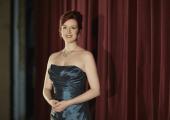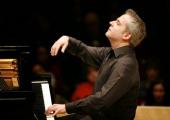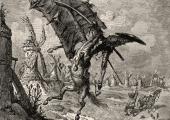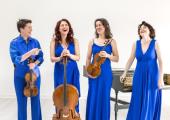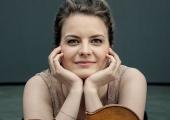Borodin Quartet, Wigmore Hall
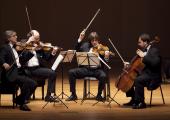
Longstanding traditions as vibrant as ever in Shostakovich and Beethoven
The Borodin Quartet has been playing for over 70 years, and in the early days collaborated closely with Dmitri Shostakovich. None of the players from then are in the line-up now, of course, but the group has worked hard to maintain its distinctive identity and performance traditions, even as the players change. And they have a good claim to continuity: Valentin Berlinsky, the legendary cellist who was with the quartet almost from the start, was still playing with them up until 2007.



